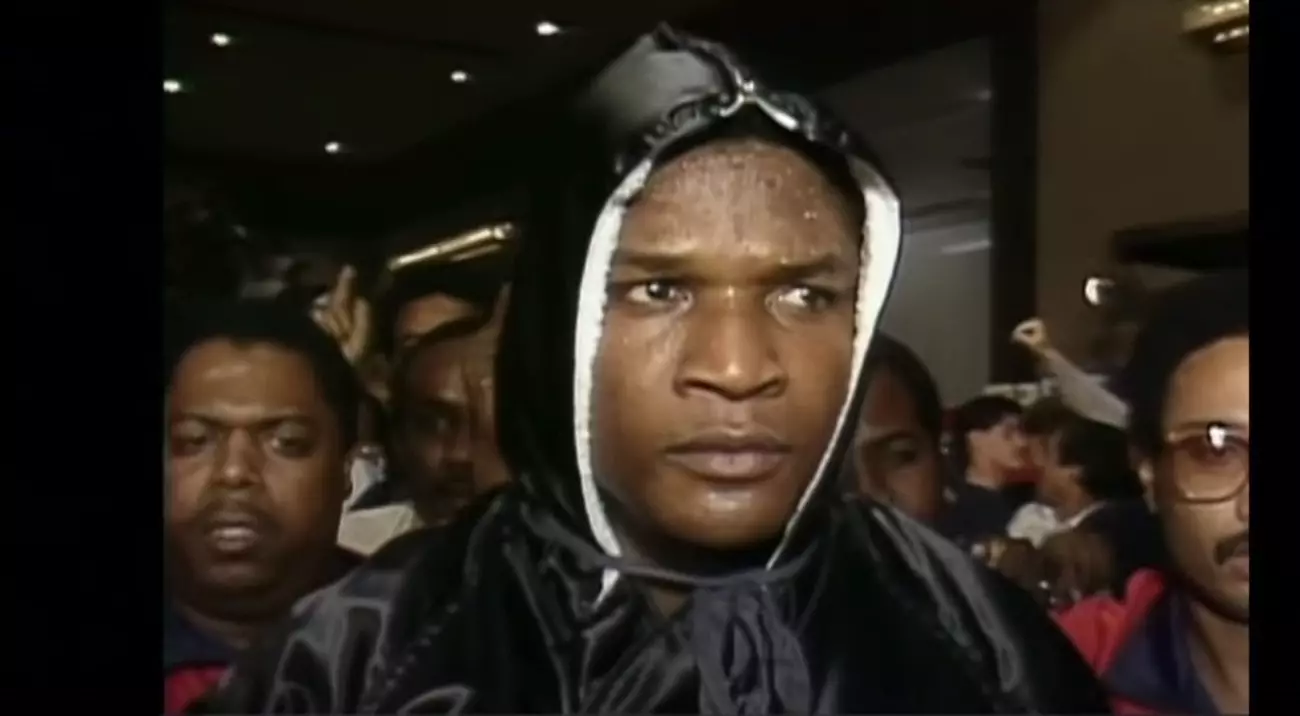Mike Tyson remains one of the most riveting figures in boxing history, evoking a blend of admiration and controversy that transcends generations. A significant chapter in his storied career unfolded 38 years ago, where he delivered one of the most stunning performances of his professional journey against Trevor Berbick, earning the title of the youngest WBC heavyweight champion at just 20 years old. This pivotal moment not only catapulted Tyson into the limelight, but it also set the tone for the meteoric rise and unexpected decline that would define his career.
On November 22, 1986, Tyson faced off against Trevor Berbick in what would become a defining moment in boxing history. With a staggering display of speed and power, Tyson dismantled Berbick within two rounds, showcasing a ferocity rarely seen in the ring. Each punch seemed a testament to his training and unmatched skill; Berbick was sent to the canvas three times by a single devastating left hook. The sight of a disoriented Berbick attempting to gather himself only emphasized the brutality of Tyson’s prowess. This performance cemented his place as a prodigious talent, but raised questions about the long-term sustainability of such explosive fighting styles.
Tyson’s post-fight remarks reflect not just a desire for recognition but also a profound respect for his mentor, Cus D’Amato, who had profoundly influenced his boxing philosophy. The question, “Do you think Cus would have liked that?” emphasized not just the victory but the essence of Tyson’s approach to boxing—a blend of raw power, tactical acumen, and emotional resonance. Tyson’s relentless pursuit of greatness transformed him into a darkly charismatic figure in the sport.
After defeating Berbick, Tyson was perceived as an indomitable force within the heavyweight division. His swift takedown of Michael Spinks in just 91 seconds—a matchup considered to be a potential challenge—further solidified his reputation as a boxer to be feared. Opponents like James Smith and Tony Tucker faced similar fates, with Tyson’s aggressive style overwhelming them. Brief moments where Tyson appeared vulnerable, such as Tucker’s fleeting success in shaking him with an uppercut, only served to enhance the drama and allure of Tyson’s matches.
Despite this impressive run, cracks began to show in Tyson’s seemingly impenetrable armor after the Spinks matchup. A prolonged layoff followed, raising concerns among his fans and analysts alike. The boxing world watched with bated breath as Tyson readied himself for Frank Bruno, an encounter that would reveal the complexities of the boxer’s trajectory. The eagerness to reclaim his throne highlighted both his inherent talent and the sporadic vulnerability he exhibited during his ascent.
The culmination of Tyson’s early career ambitions came brutally crashing down in February 1990, when he faced Buster Douglas. This fight, often labeled one of the greatest upsets in boxing history, saw Tyson defeated by knockout, thrusting the boxing community into a frenzy of disbelief. The defeat highlighted not only Tyson’s physical vulnerabilities but also the psychological pressures that lingered beneath his tough exterior. These pressures were compounded by external influences and personal struggles that would mar his later career.
Yet, as we reflect on Tyson’s early years, particularly his triumph over Berbick, it’s essential to recognize the allure that defined his character both inside and outside the ring. Tyson’s ferocity resonated with fans, who flocked to witness his brutality transformed into artistry. The fact that many still regard his bout against Berbick as a highlight speaks volumes about the emotional connection he developed with audiences—a connection that continues to be dissected and debated long after his reign as champion ended.
The saga of Mike Tyson is both a celebration of unparalleled talent and a cautionary tale of how quickly fortunes can change in the world of sports. From his devastating performance against Trevor Berbick to the shocking loss to Buster Douglas, Tyson’s career encapsulates the volatile nature of fame and the complexities that come with it. Today, Tyson stands not merely as a former champion but as a symbol of resilience, complexity, and the unpredictable nature of one’s path in life. His legacy remains not just in his victories but in the history he profoundly shaped, which continues to inspire discussions and analyses among boxing enthusiasts to this day.

